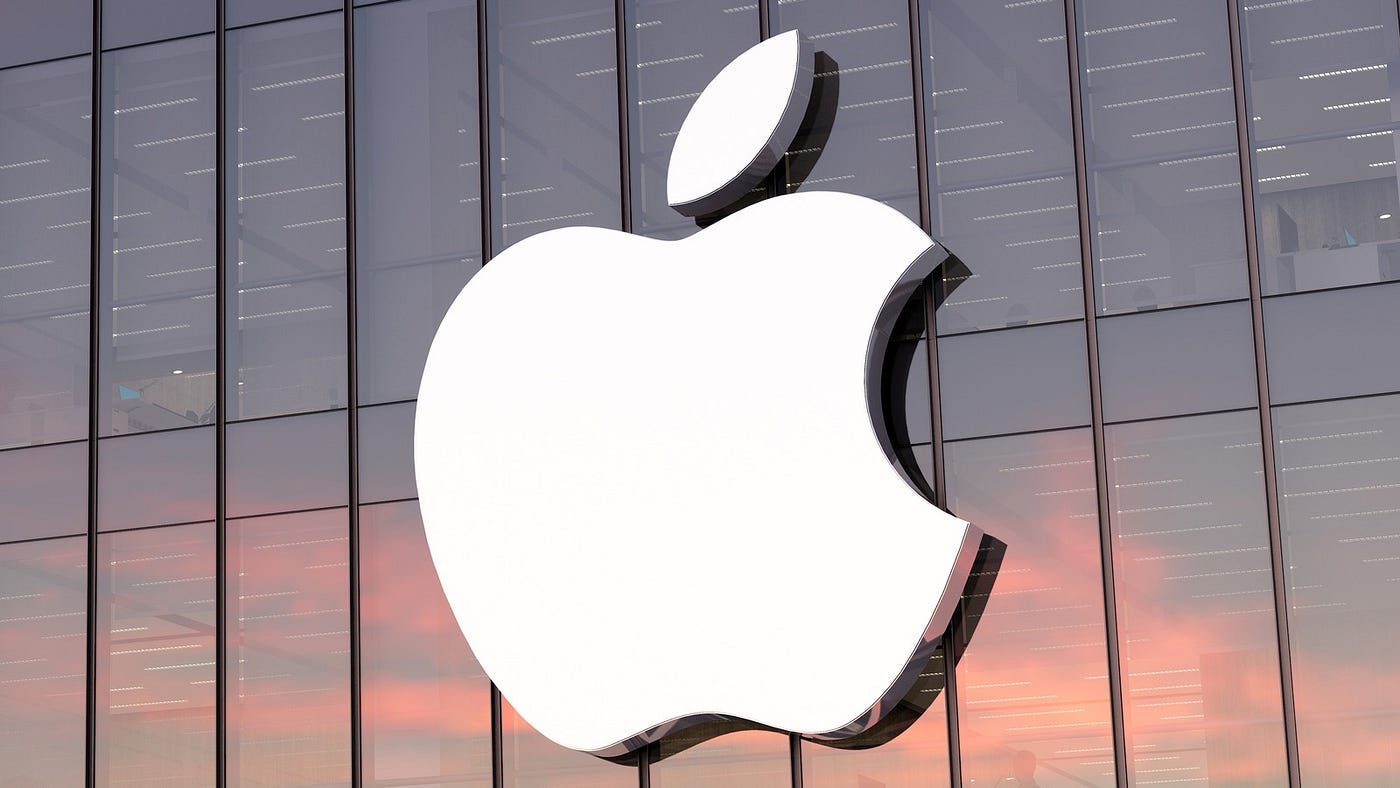lipflip – In a move that highlights the ongoing challenges faced by the LGBTQ+ community in China. Apple has removed two major LGBTQ+ dating apps, Blued and Finka, from its App Store. The decision follows direct orders from the Cyberspace Administration of China (CAC), the country’s internet regulator. Apple confirmed to Wired that it must comply with local laws in all the regions where it operates, which includes China. As a result, these once-popular apps are no longer available to users within the country.
Read More : Minisforum X1 Lite: Budget AMD Mini PC with eGPU Compatibility
Blued and Finka had been essential platforms for China’s LGBTQ+ community, where options for such services are few. The country’s strict regulatory environment, especially toward LGBTQ+ rights. Has led to the shrinking of spaces where LGBTQ+ individuals can interact openly. These dating apps offered a rare and important avenue for connection in a society where LGBTQ+ issues remain heavily restricted.
The apps’ removal is part of a broader trend in China, where authorities have increasingly targeted LGBTQ+ groups and content. This includes the shutdown of prominent organizations such as the Beijing LGBT Center in 2023. The Chinese government’s continued repression of LGBTQ+ rights has resulted in tighter restrictions on digital platforms and public spaces that serve the community. For instance, Grindr, another major LGBTQ+ app, has not been available on Apple’s App Store in China since 2022.
Blued, which operates internationally under the name HeeSay. And Finka were two of the few remaining platforms where LGBTQ+ individuals could interact and find support in China. Blued had previously restricted new registrations in July 2023, prompting users to buy second-hand accounts in order to gain access. Despite this, the app resumed registration in mid-August, giving hope to those who still relied on the platform. However, the removal of both apps from the App Store has left many in the LGBTQ+ community with fewer options for digital engagement.
The Growing Crackdown on LGBTQ+ Rights in China
The closure of these dating apps is not an isolated incident but part of a larger pattern of increasing government control over the LGBTQ+ community in China. Over recent years, authorities have been cracking down on LGBTQ+ activism, content, and resources. Limiting the ability of LGBTQ+ groups to operate freely. In 2023, the Beijing LGBT Center, a significant organization advocating for the rights of LGBTQ+ individuals in China, was reportedly shut down by authorities. Further signaling the government’s tightening grip on civil society.
The Chinese government tightly controls LGBTQ+ issues as part of its broader approach to social control and censorship. It regulates media portrayals of LGBTQ+ individuals, often censoring or erasing their representation. These restrictions also affect online platforms, where apps like Blued and Finka served as crucial lifelines for LGBTQ+ individuals seeking community and support. As the government increasingly scrutinizes these platforms, many worry that further limitations will follow.
The apps’ parent company, BlueCity, also operates in the healthcare sector, focusing on disease prevention, including HIV/AIDS. Despite this focus on public health, BlueCity has faced immense pressure as the government enforces its stance on LGBTQ+ issues. The company’s dual role in health and advocacy for the LGBTQ+ community has created a complex situation. It now finds itself at the crossroads of supporting public health initiatives while navigating the growing restrictions on LGBTQ+ rights in China.
Read More : Subnautica Developer Embraces AI Revolution, Introduces Resignation Option
Looking ahead, the future of LGBTQ+ spaces in China remains uncertain. The increasing digital censorship and the closing of key organizations suggest a bleak outlook for LGBTQ+ rights in the country. Yet, despite these challenges, many in the community continue to advocate for their right to exist and be heard, both online and offline. The situation reflects broader global tensions between digital freedom and state control, leaving LGBTQ+ individuals in China at a critical juncture.
